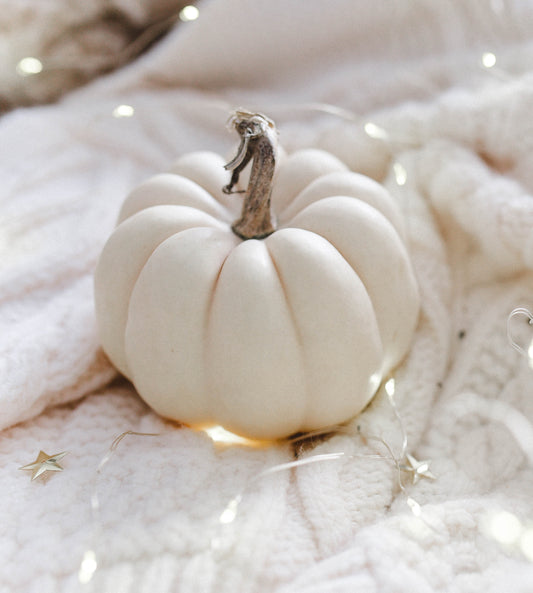In our latest blog post, we walked you through the steps of conducting a waste audit at home and briefly touched upon the four categories of “waste” you should organize: regular trash, curbside recyclables, non-curbside recyclables, and organics suitable for composting. A New York City Department of Sanitation’s Waste Characterization Study found that we could see up to a 77% recycling and diversion rate if every NYC resident participated in perfect recycling and diversion behaviors.
Recycling may be second nature to some, and new to others, and that’s okay! We want to help you live your best eco-friendly life by walking you through each of these four waste categories so you can confidently organize “waste” in your home.
Curbside recyclables
As you navigate daily life, you may have encountered blue and green bins on the corners of the block, in the waste collection room in your apartment building, in your offices, and more. But what do these colors indicate, and how important is it to place the correct items in each colored bin?
The general rule of thumb for separating your recyclables into these two bins are as follows:
BLUE BIN: metals, glass, rigid plastic (MGP) and cartons
GREEN BIN: mixed paper and cardboard

To help you remember, you can think of blue for liquids, which are commonly contained with plastic, glass, metal, or carton containers, and green for trees, which are commonly used to produce paper products.
There are a few caveats associated with the general rule of thumb, and we’ll share a few examples here. This is by no means an exhaustive list, but one we hope you can reference as you go about recycling in your home:
- What NOT to put in your blue bin: soft plastics (find drop-off locations for plastic bags and other soft plastics here) and broken glass (wrap securely and put in the regular trash), compostable plastics (these may contaminate recycling streams and need to be processed at composting facilities)
- What NOT to put in your green bin: soiled paper or cardboard products (such as napkins, paper towels, and pizza boxes; if they are chemical-free products they may be safe to compost, but always check with a potential organics collection site) and compostable paper products (these may contaminate recycling streams and need to be processed at composting facilities)
If you live in an apartment building that is not currently participating in recycling initiatives in NYC, you can find out more information and enroll your building by visiting nyc.gov/ABRI.
Non-curbside recyclables
So we got the curbside recyclables out of the way, but what about the nebulous products in your home, like canisters of paint cans or sprays, electronics, furniture, or harmful household products? Most of the time, if you look hard enough you will be able to find someone who would collect those items and properly dispose or recycle them for you!
In NYC, there are organizations like LES Ecology Center (e-waste reuse and recycling), FABSCRAP (textile recycling), Big Reuse (reusable home decor and renovation materials); government agencies like the Department of Sanitation of New York (harmful household products); companies like Best Buy (electronics, appliances, and fitness equipment recycling); and grassroots community groups such as Curb Alert NYC and Stooping NYC (sharing free, curbside finds for people to pick up) and Buy Nothing groups (find and list items to give away for free) that help the public responsibly take care of their “waste”.
If you are unsure how to recycle an item, you can visit this site (if you are based in NYC) and this site (for everyone in the US) and type in the item to see how it should be properly disposed or recycled.
Organics
Now let’s talk about organics! Organics are anything that can be broken down and eventually put back into the earth to nourish the soil. This can include twigs, lawn clippings, and leaves from outside, to kitchen scraps that are accumulated as you prepare your meals. Unfortunately, when organic matter is thrown into regular trash and sent to landfill, they produce methane during the decomposition process, a potent greenhouse gas that is harmful to the environment and exacerbates climate change.
One of the most effective ways you can take climate action from your own home is by participating in the act of composting. Your food scraps and other organic materials that you choose to compost will be turned into material that will help improve soil health for the food, plants, and flowers you grow and eat! Looking for ways to neatly collect your organic waste for your next drop-off or pick-up service? Commit to Green sells 100% compostable, BPI-certified trash liners in a variety of sizes - visit our online store to purchase some rolls!

To learn more about composting, you can visit the Northeast Recycling Council and select “Compost/Organics” to get started. If you live in NYC, you can visit this tracker for places to drop off your food scraps and other organics.
*Please be sure to check with your city’s organic collection programs to see which compostable products are accepted.
Regular trash
If you’ve separated your curbside recyclables, non-curbside recyclables, and organics, you might find that your regular trash volume has decreased significantly, which is great! This category should ultimately be the “last resort” of anything that can’t be diverted or recycled.
As you embark on recycling and diverting your waste, we want to leave you with one last quote from the Zero Waste Chef: “We don't need a handful of people doing zero waste perfectly. We need millions of people doing it imperfectly.” Have you conducted your waste audit yet? Let us know how you’re dealing with waste in your home!







